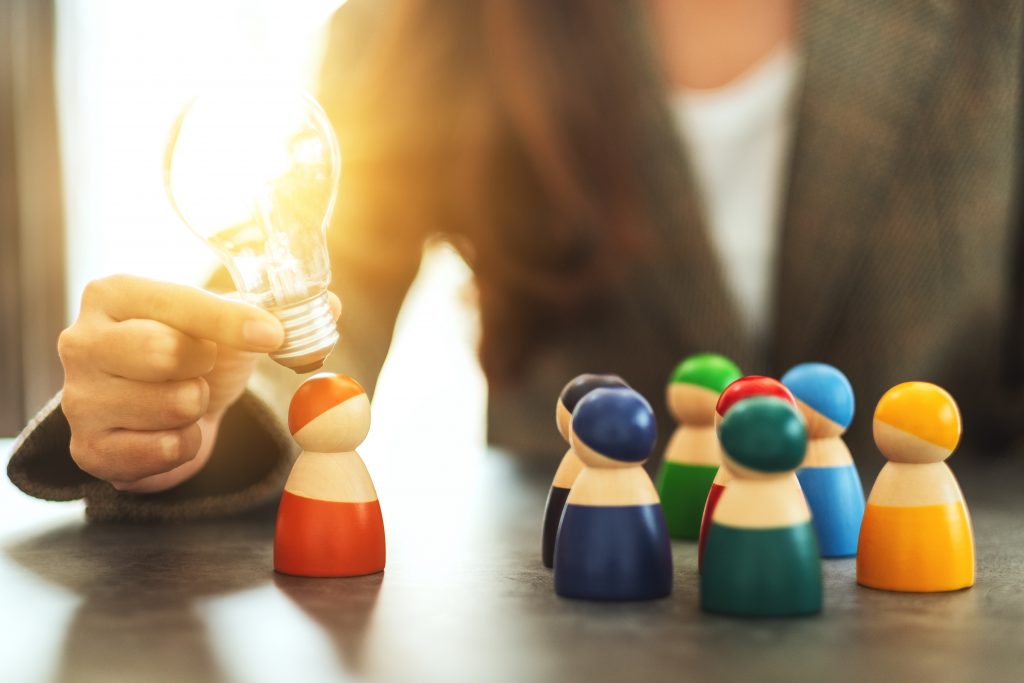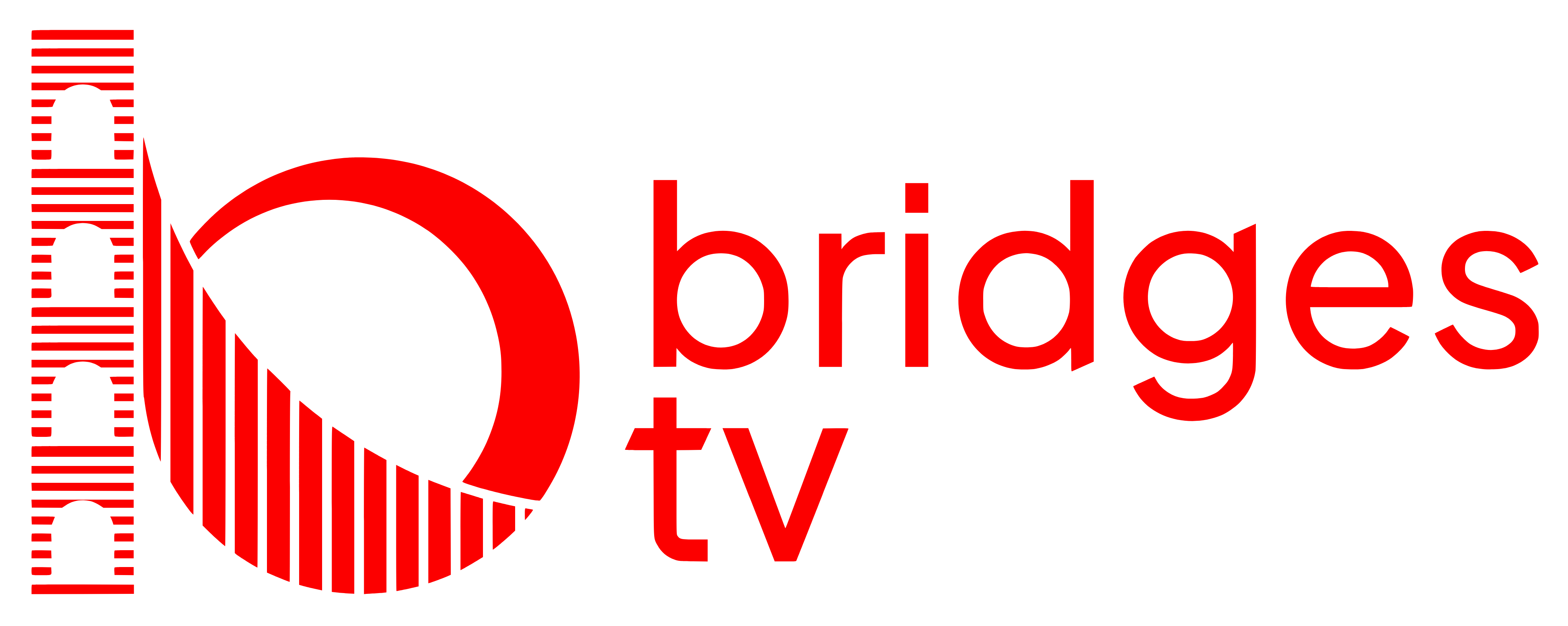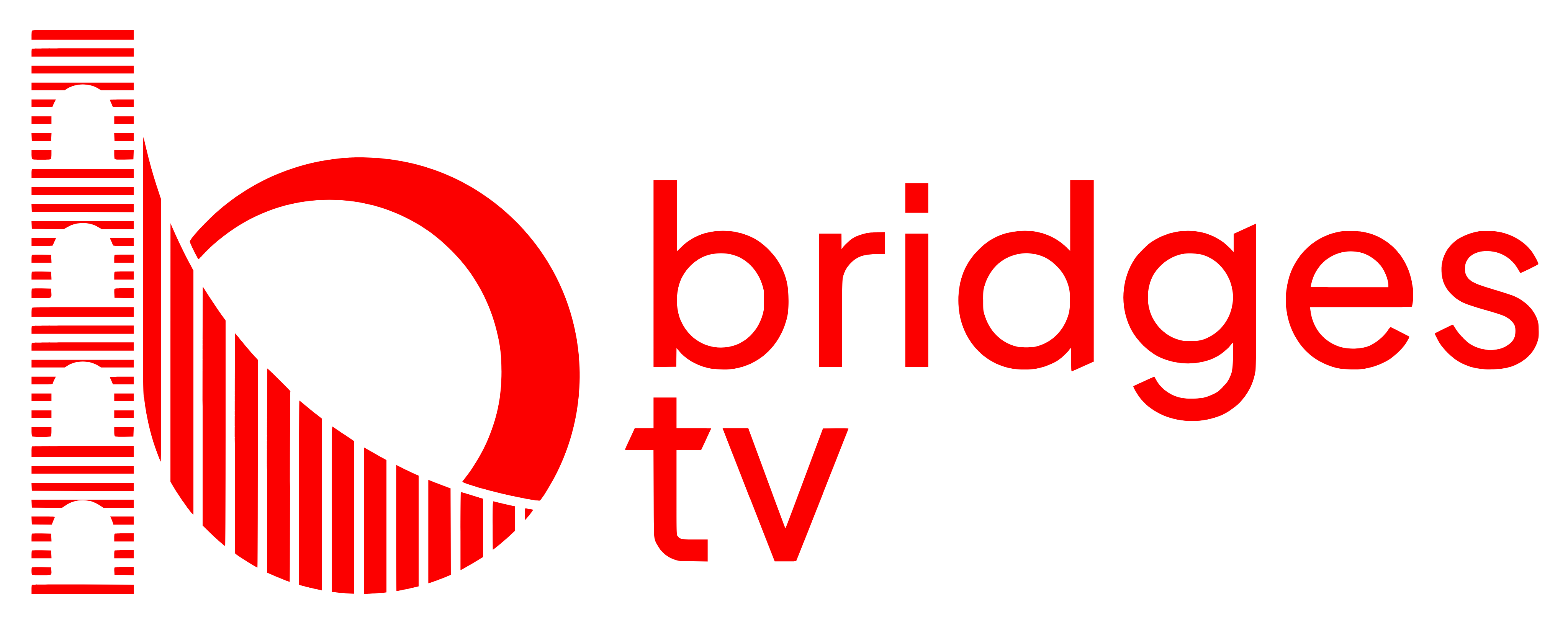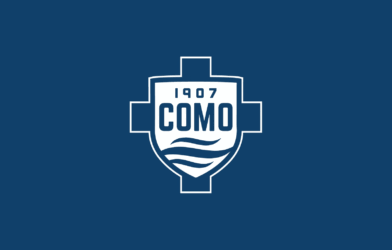Personalized Learning: Tailoring Education to Individual Needs
Personalized learning is revolutionizing education by catering to each student’s unique needs, strengths, and interests. Leveraging data analytics and AI-driven platforms, this approach offers customized resources and adaptive learning paths. Adaptive learning technologies adjust task difficulty in real-time, ensuring students stay challenged but not overwhelmed. Student-centered classrooms emphasize student choice and agency, boosting engagement and motivation.
Remote and Hybrid Learning Models: Flexibility and Accessibility
The pandemic accelerated the adoption of remote learning, making hybrid models a permanent fixture in education. Flexible scheduling allows students to learn at their own pace, accessing materials anytime, anywhere. Virtual Reality (VR) and Augmented Reality (AR) provide immersive experiences that enhance subjects like history and science.
Prioritizing Mental Health and Well-being in Schools
Recognizing the critical role of mental health in academic success, schools are increasingly prioritizing students’ well-being. Mindfulness programs, integrated into the curriculum, help students manage stress and improve concentration. Social-Emotional Learning (SEL) frameworks equip students with the skills to handle emotions, build relationships, and make responsible decisions.
Emphasis on STEM and STEAM: Fostering Innovation and Creativity
STEM (Science, Technology, Engineering, Mathematics) education remains pivotal, with the integration of Arts (STEAM) gaining momentum to encourage creativity alongside technical skills. Hands-on projects promote problem-solving and innovation, while coding and robotics prepare students for future tech-driven careers.

Lifelong Learning and Skill Development: Preparing for the Future
With the evolving job market, there’s a growing emphasis on lifelong learning and upskilling. Micro-credentials offer short, focused courses that allow learners to gain specific skills quickly. Online learning platforms provide a wide range of courses, from professional development to personal enrichment.
Global Collaboration and Cultural Competency: Bridging Borders
Education is becoming more global, offering students opportunities to collaborate across borders. International projects foster understanding and teamwork among diverse cultures, while language learning apps enhance global communication skills.
The future of education is bright, driven by innovation and a commitment to adapting to learners’ needs. By embracing these trends, educators can prepare students for the challenges and opportunities of tomorrow’s world. As technology and pedagogy continue to evolve, the focus remains on creating an inclusive, engaging, and effective learning environment for all.














